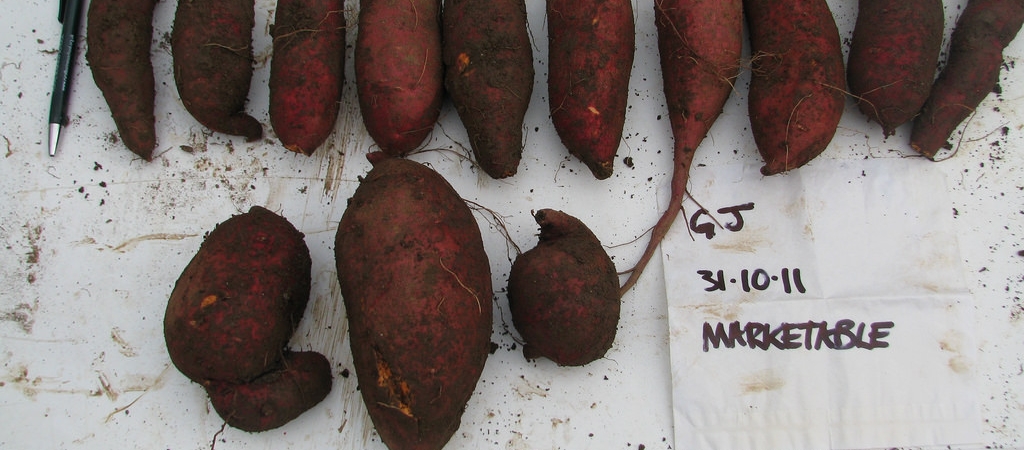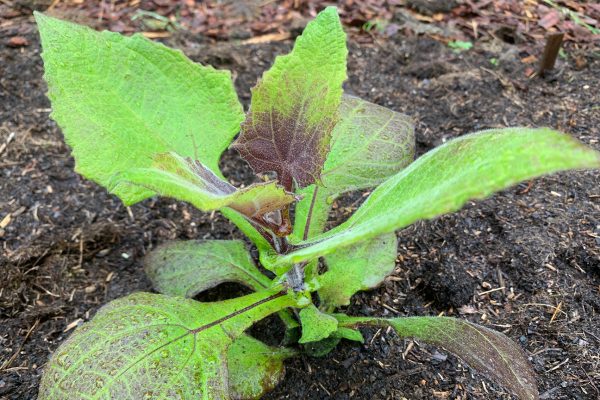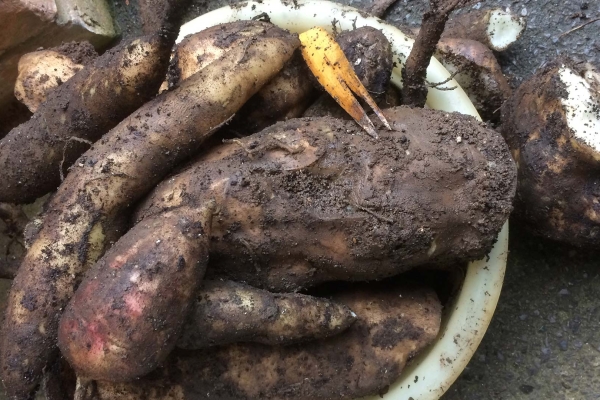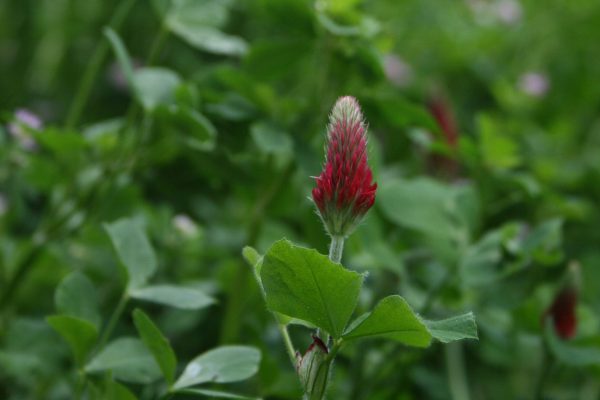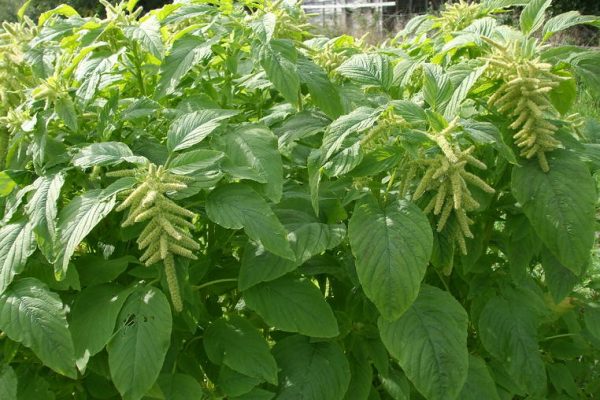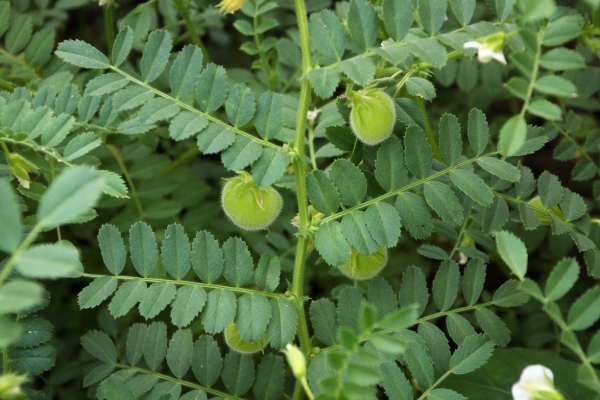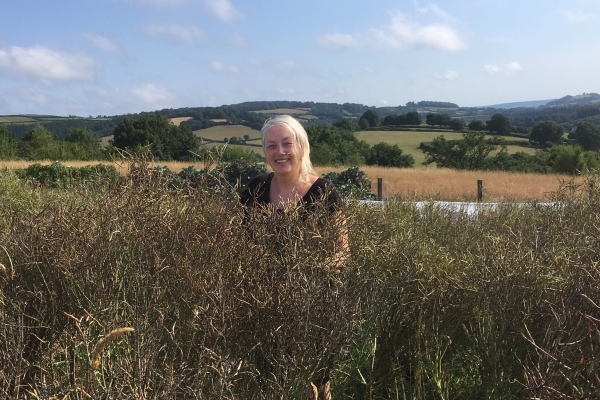Novel vegetables: Observations on growing a range of tropical crops
A report on a preliminary investigation
Resource explained
This report documents an investigation that looked at the potential of a range of tropical vegetables grown in Cornwall. The project was intended as an initial ‘look-see’ to identify crops that may have commercial potential. Crops were assessed for suitability for local production and some assessment of marketability was also carried out. The work was funded by a grant from West Cornwall LAG via Farm Cornwall, with the aim of providing information on alternative crops that may assist farmers in West Penwith, however the insights it provides would be potentially useful for any growers perhaps looking to diversify. The report lists the crops grown, the ways in which they were grown and managed, plant health issues, yields, and observations and recommendations in relation to ease of growth, pests and diseases, harvesting, edibility, and other varieties that could be potentially trialled.
Findings & recommendations
- Investigations of varieties of the following crops are described: Amaranth, Mooli radish, Charentais melon, aubergine, chilli, dudhi, karella, winter squash, pumpkin, borlotti beans, and sweet potato.
- Crops were trialled at 2 locations and grown under 3 different production conditions; a greenhouse, polytunnel and an organically certified field.
- Some of the crop varieties trialled were deemed unsuitable with regards to their marketable quality.
- Date of planting is very important; early planting of crops as soon as frost risk has passed, and late harvesting to ensure a prolonged season is recommended. Protected cropping offers much greater flexibility in this respect, but for crops that produce large amounts of vegetation, space is likely to be an important economic constraint.
- If you are interested in trialling crops, it is important to consider your local and field micro-climates and to ensure that ventilation is optimal with protected cropping; so you can maintain high temperatures without creating conditions conducive to the build-up of diseases. The challenge is to provide good ventilation without losing heat.
If you are interested in carrying out an effective field trial, see ‘Carrying Out Your Own Farm Trial‘
(Header image: Sweet potato v. ‘Georgia Jet’. Photo credit: Duchy College)
